How are your stress and anxiety levels these days?
We all encounter stressful situations at different stages in our lives. It’s not always easy to maintain the balancing act between hectic schedules, financial pressures, and personal relationships.
The stress can become a bit overwhelming, affecting our coping mechanisms, mental health, physical health, and overall quality of life.
While it’s crucial to consult a professional if you have severe symptoms of an anxiety disorder, there are more holistic approaches that can help you deal with life’s daily struggles.
In addition to exercise, nutrition, and meditation, a lot of people turn to cannabis as a means to stay on top of stress and anxiety. All of these methods point toward endocannabinoid health, and this article is about cannabis specifically.
Whether you’re new to cannabis or have been using it for decades, there are a few essential factors to consider if you want to get the most out of this herb as a tool to manage stress and anxiety.
1) Understand the Cannabis and Health Connection
If you’re going to incorporate cannabis into your life, it’s wise to get clued up on its relationship with health. By understanding how cannabis helps (or hinders), you’ll have a deeper appreciation for its effects.
The research on cannabis goes back much further than most people realize. In fact, humankind has been using cannabis for thousands of years.
Yes, more research is needed, and we already have a lot. Studies show that cannabis is effective as a therapeutic treatment for a plethora of ailments because of how it interacts with the body’s endocannabinoid system.
With mental health, the current evidence indicates that cannabis has anxiolytic or anti-anxiety effects. Early studies also suggest that it may help with:
- Post Traumatic Stress Disorder (PTSD)
- Social Anxiety Disorder (SAD)
- Generalized Anxiety Disorder (GAD)
- Anxiety-induced insomnia
However, extensive research is still required in this area, even though many people already use cannabis holistically to help ease anxiety, improve sleep, and more.
2) Do Your Homework
Generally, cannabis is quite safe and forgiving. Unlike opiates or alcohol, for instance, cannabis will not suppress breathing, which means it’s impossible to lethally overdose.
And yet, getting the most out of the herb requires a bit of practice and some homework. You’ll need to consider your physical and mental health, pre-existing conditions, and any medication you’re taking (potential interactions with other meds are especially critical for high-dose CBD). If you’re unsure, it’s best to consult with your doctor or a cannabinoid specialist.
It’s also a good idea to research the various types of medical cannabis products available to you. You’ll want to ensure your products come from a reputable supplier or manufacturer, which includes knowing how to read cannabis product labels.
The homework phase will also help you explore important questions and open yourself to a bit of experimentation.
For instance, do you need a CBD-rich product or a THC-rich product? Or maybe a combo of both?
Generally speaking, lower doses of THC tend to help anxiety. Higher doses of THC could make it worse. This is the biphasic nature of cannabis, which basically means too much can have the opposite effect from what you desire.
It is also helpful to pay attention to terpene profiles when selecting cannabis strains. Terpenes are the compounds that give cannabis so many different smells; they also add to the overall effect of the cannabis experience, differentiating one cannabis cultivar from the next.
For instance, some terpene profiles in cannabis tend to ease anxiety, while other terpenes can increase anxiety for some people, or induce sedation, or could be energizing.
If you have safe access to cannabis, it is easier to experiment with different products. You could also consult with a cannabis specialist on all your questions. Check out the Association of Cannabis Specialists to find a clinician who might be able to work with you.
3) Choose a Method
Cannabis comes in many forms. You can find anything from capsules, oils, and tinctures, to buds, edibles, and dabs.
The delivery method you choose dictates how your body metabolizes or absorbs cannabis into your bloodstream. This, in turn, affects your dosage and overall experience.
Having so many options can be overwhelming at first, so let’s break things down to the bare essentials.
Smoking and Vaping
Smoking is the traditional method. It’s uncomplicated and tends to be more accessible and instantaneous. However it is the least discreet of all other methods due to the distinct odor of cannabis.
Vaping cannabis – either with a dry-herb vaporizer or a vape pen – is less odorous and a different experience that also requires finding the right device for you.
Think about how to use a bubbler, pipe, vaping device, or rolling paper. Can you see yourself using any of these regularly?
Edibles and Oils
If you’re not comfortable with smoking or vaping, you can opt for edibles, oils, capsules, or tinctures. These products usually take longer to work (anywhere from 30 minutes to two hours before onset of effects). However, the effects tend to last longer too.
And while there’s virtually no preparation, unless you want to make your own edibles, newcomers will have a more sensitive learning curve with dosing due to the delayed effects.
4) Start Slowly with Dosage
If you are a novice, it may be better to stick to CBD-only products or ones with low THC levels in the beginning. And if unsure of the product potency, start with the smallest dose possible to see how it affects you and gradually increase as needed over the coming days/weeks.
You can always progress to something more potent or increase dosage if the need arises. Remember, what works for you may not necessarily work for the next person – and vice versa.
If you have an unpleasant experience, it simply means you took much and you could have an entirely different experience by taking less next time.
It’s best to keep a journal and record your usage and the effects. That way, you can adjust your dosage accordingly.
5) Set and Setting
Where, when, and why are you consuming cannabis? Is it the best time and place? Would it be better to wait and consume later?
Set and setting is a term that refers to the mindset and immediate environment going into a psychedelic experience.
For instance, consuming cannabis and going to the supermarket or a business meeting will be a vastly different experience versus lying in the backyard or going for a hike.
To get the most out of cannabis for stress/anxiety, you’ll want to curate your cannabis sessions with a mind for set and setting. You might even want to create or find a music playlist to go along with your next cannabis session.
Are you still missing out on The Bluntness newsletter? Subscribe today to stay in the loop.
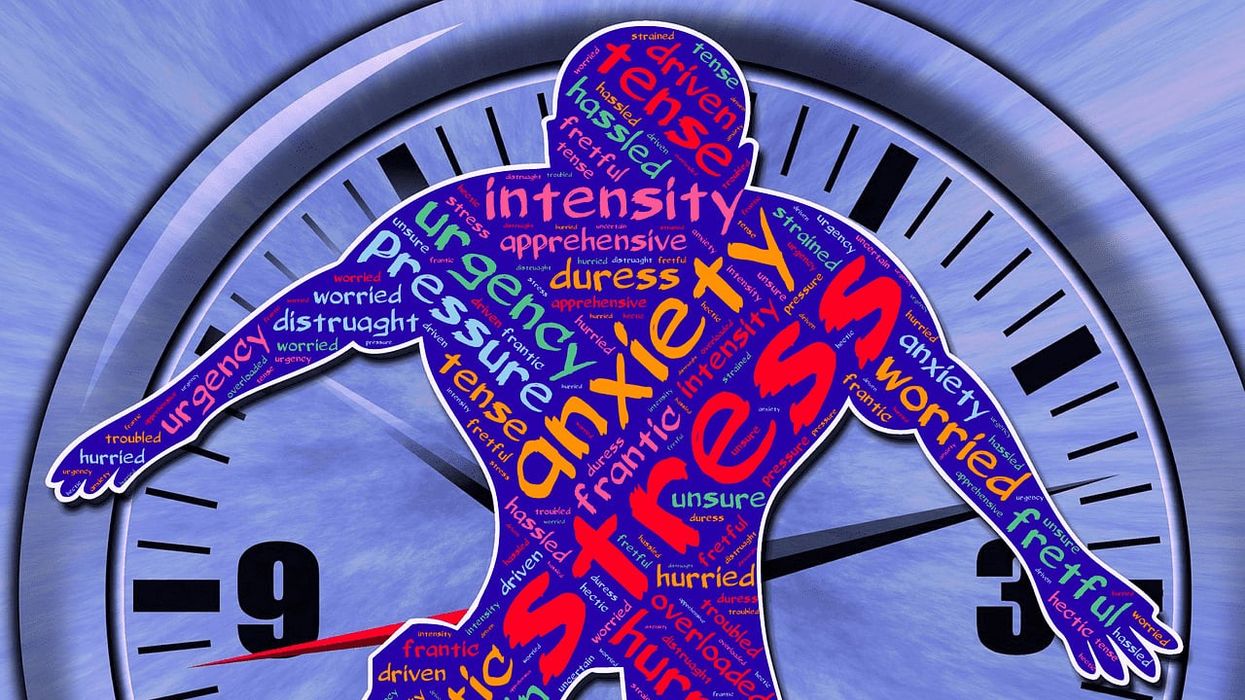






 11 Signs You've Greened Out and How to Handle It - The Bluntness
Photo by
11 Signs You've Greened Out and How to Handle It - The Bluntness
Photo by  11 Signs You've Greened Out and How to Handle It - The Bluntness
Photo by
11 Signs You've Greened Out and How to Handle It - The Bluntness
Photo by 






 The Truth About THC Candle: Cannabis Candles & How to Make Your Own - The Bluntness
Photo by
The Truth About THC Candle: Cannabis Candles & How to Make Your Own - The Bluntness
Photo by 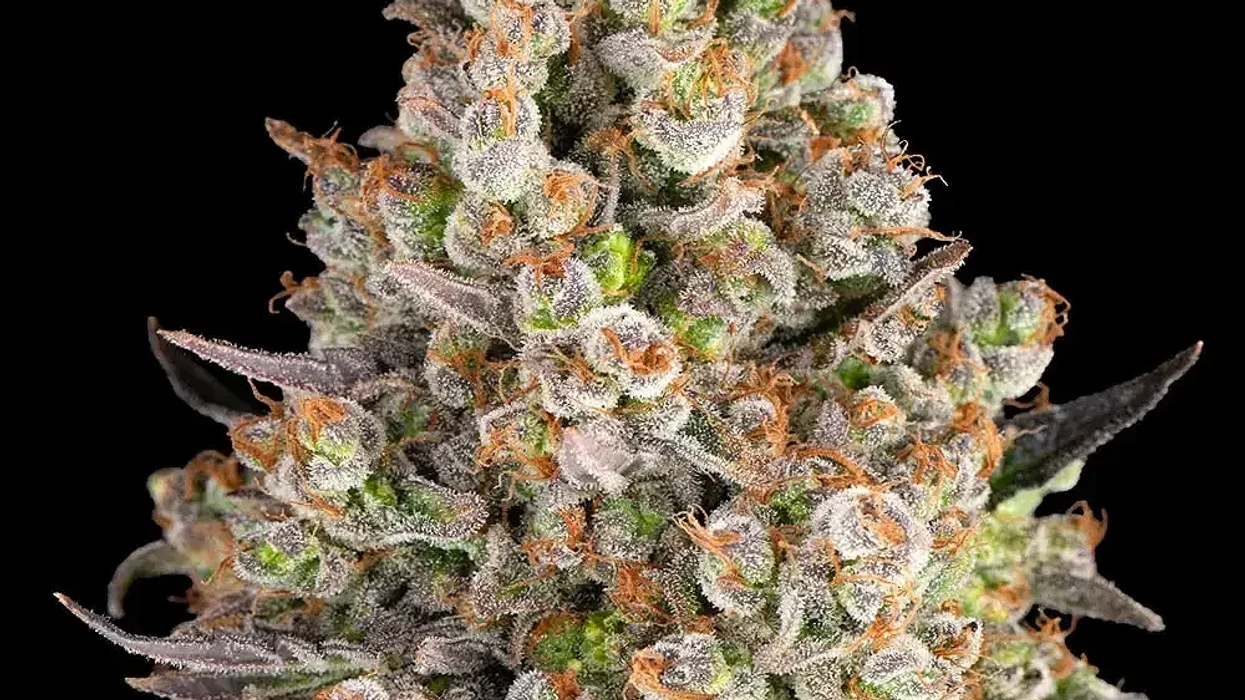
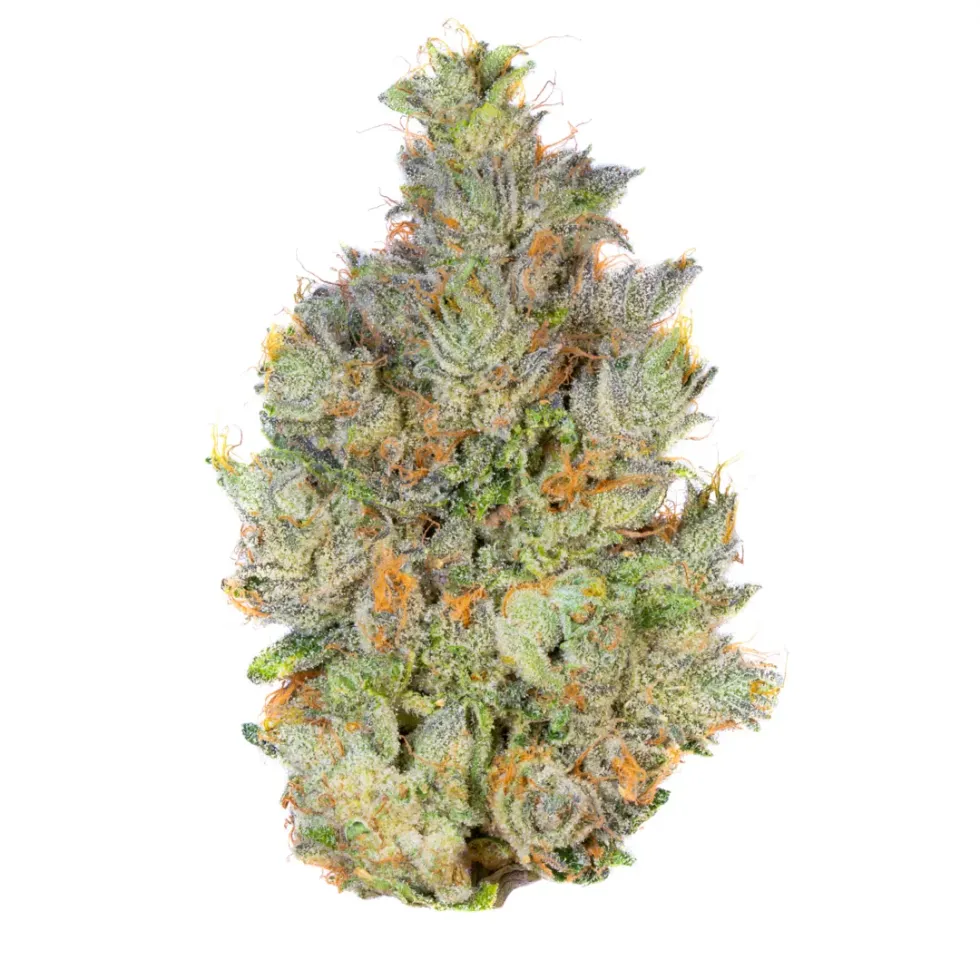 OG Kush Strain: The West Coast Classic That Defined a Generation - The BluntnessAlien Labs
OG Kush Strain: The West Coast Classic That Defined a Generation - The BluntnessAlien Labs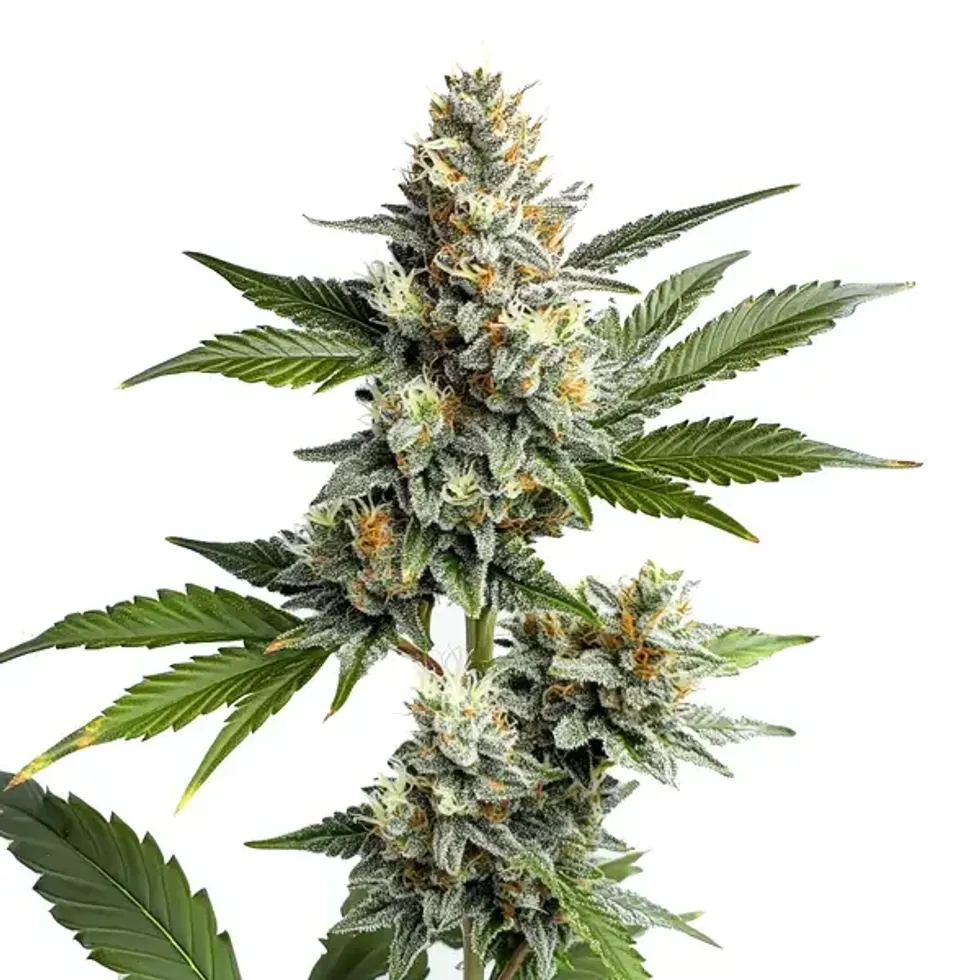 OG Kush Strain: The West Coast Classic That Defined a Generation - The Bluntness
OG Kush Strain: The West Coast Classic That Defined a Generation - The Bluntness
 What will you do with that cannabis kief collection? - Make Coffee! The Bluntness
What will you do with that cannabis kief collection? - Make Coffee! The Bluntness DIY: How to Make Kief Coffee - The Bluntness
Photo by
DIY: How to Make Kief Coffee - The Bluntness
Photo by 
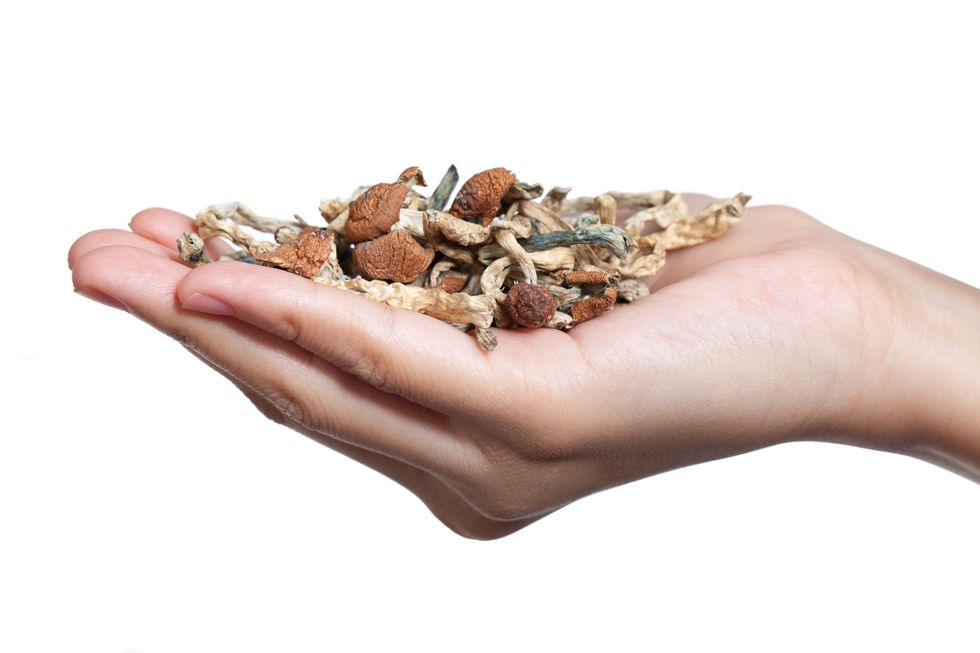 How to Make Mushroom Tea - The Bluntness
null
How to Make Mushroom Tea - The Bluntness
null
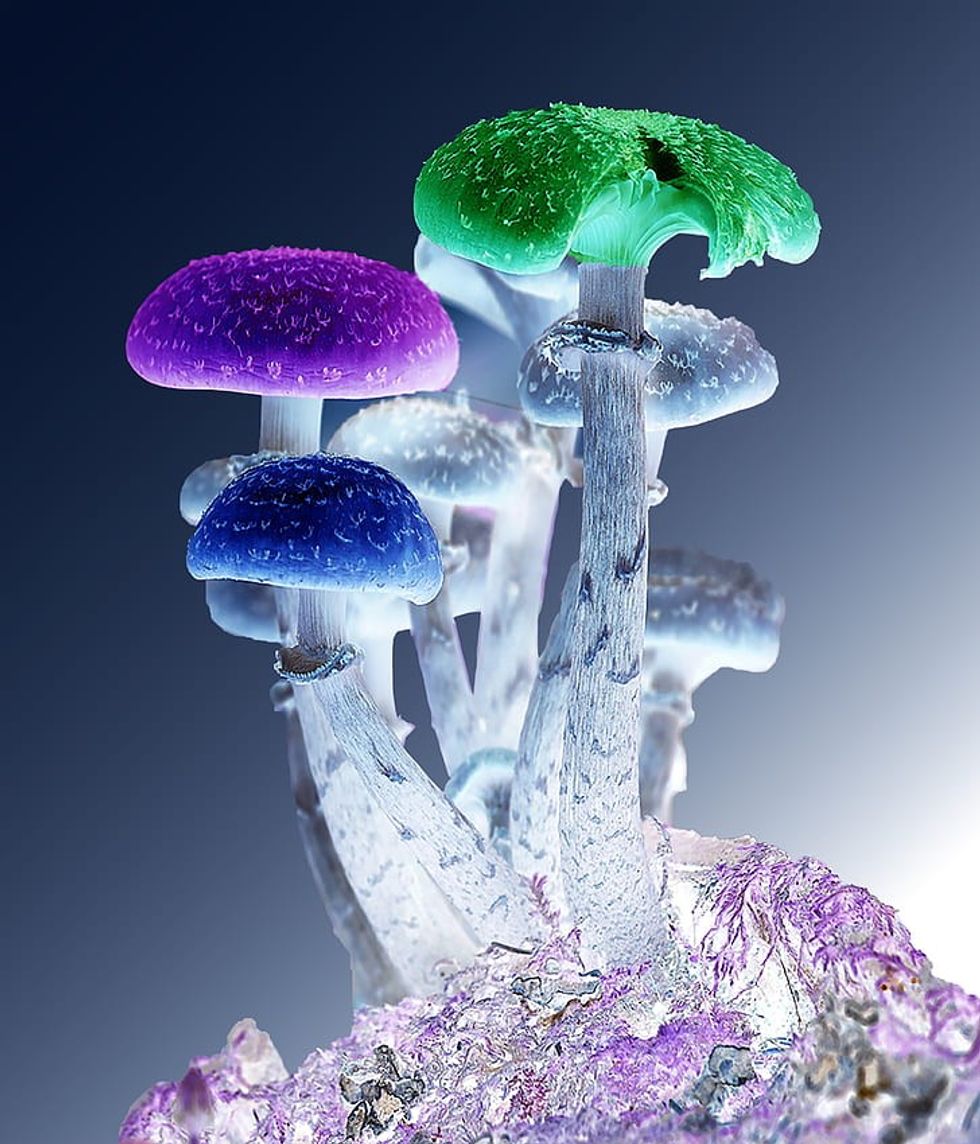 How to Make Mushroom Tea - The Bluntness
www.pickpik.com
How to Make Mushroom Tea - The Bluntness
www.pickpik.com